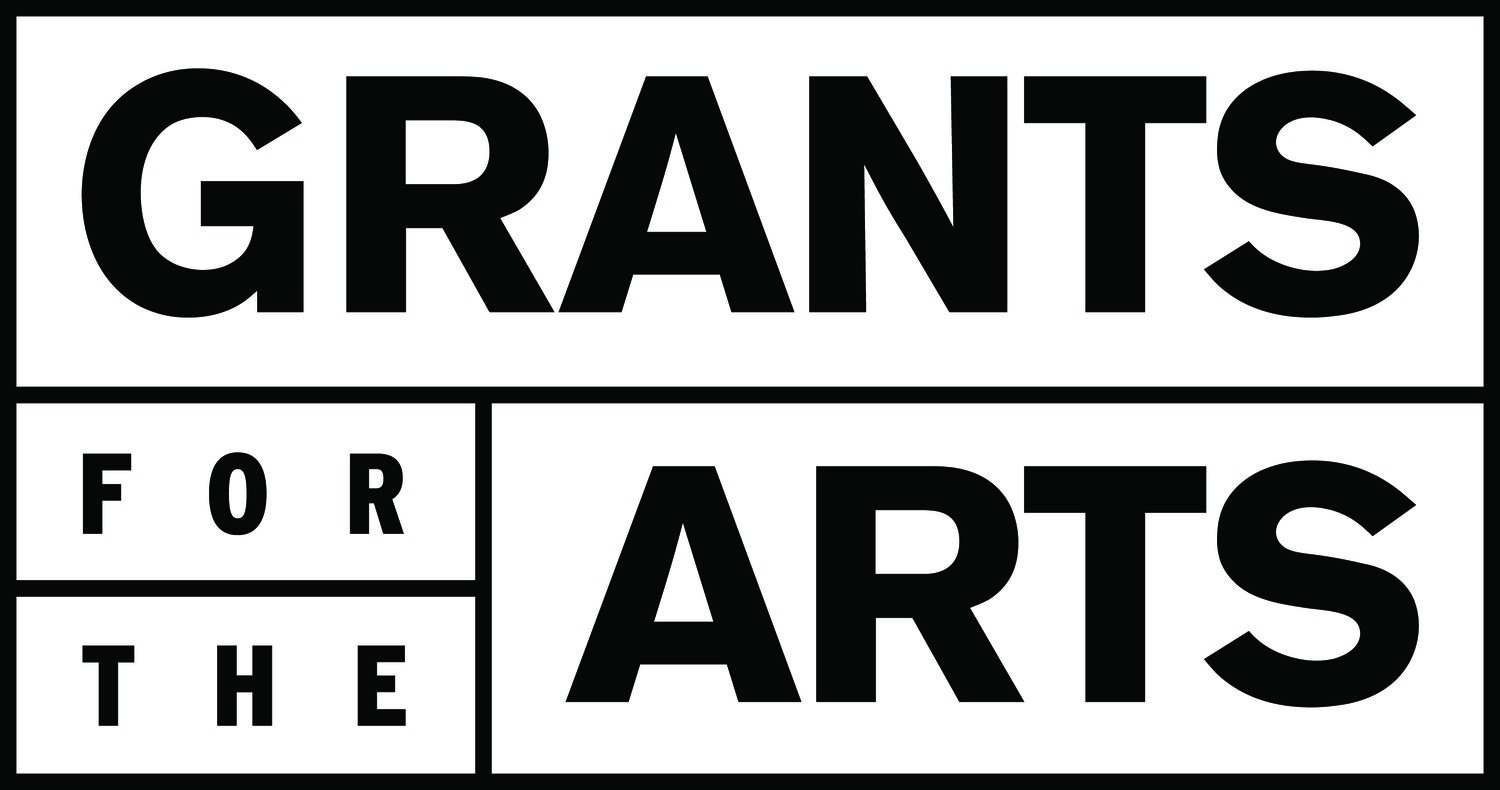Click image to enlarge
Jono Rotman
Ref: 1/1-019389-G, 2016, 2020
Estimated Value: $5,000
Archival pigment print
40 x 30 inches
Unframed
Unique
Signed certificate of authenticity
Donated by the artist.
This work is a photograph of a glass plate negative from the late nineteenth century. It portrays Tareha Te Moananui, a principal Māori (indigenous people of Aotearoa New Zealand) chief of the iwi (tribe) of Ngāti Kahungunu. The original negative was produced by photographer Samuel Carnell, a Pākehā (white New Zealander) and depicts a painting by Gottfried Lindauer, which in turn is based on an earlier photographic portrait also by Carnell. Thereafter, I photographed the glass plate on 8X10. I am Pākehā.
Tareha Te Moananui was a contemporary and neighbor of my matrilineal forebears during the peak colonization of the Te Matau-a-Māui (Hawke's Bay) region. Ref: 1/1-019389-G, 2016 is from an ongoing interrogation of the heritage of Anglo-Saxon hegemony (white supremacy) that I am descended from.
As a technology, photography can be viewed as an integral part of the colonial machinery. The negative depicted represents an interface between two cultures. Because of the complex interplay that led to the image being made, it offers a prismatic view of the folding together of Māori and Pākehā.
While I have ownership over my artwork, I cannot assert the same for the tīpuna (ancestor) depicted within. To this end, I am engaged with descendants of Tareha Te Moananui, as part of the ongoing relationship between this particular image and the larger body of work of which it is a part.
About the Artist:
Jono Rotman
Rotman (born 1974, Wellington, Aotearoa New Zealand) is an artist working between Aotearoa New Zealand and the USA. He lives in San Francisco. Rotman’s work has been exhibited in the USA, Australia and New Zealand and is represented in collections in the USA, Australasia and Europe. He is the recipient of the Prix Du Livre Images Vevey (2018) and The Marti Friedlander Photographic Award (2013).
Rotman’s work is predicated on the idea that civilization is a delicate fiction. His practice focuses on the point at which different power structures meet: during the colonial process or at the collision of civilization and the natural world, for example. This often draws him to subjects on the edges of society. In Aotearoa New Zealand, his work has explored incarceration and gangs, leading to an interrogation of his own place, as a New Zealander of European descent, in the colonial history of the country. In the US, he touches on similar themes, exploring the shifting violent ingredients of the American empire.
Website: jonorotman.com
Facebook: /juno.rotman





